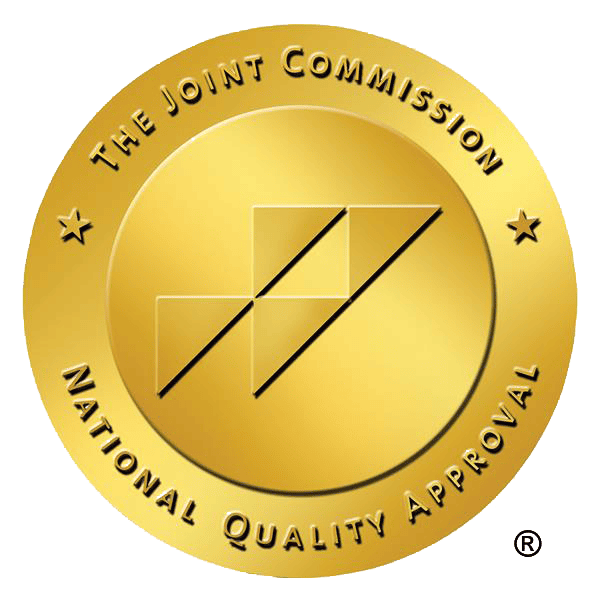Substance abuse is a widespread issue that not only affects the individual struggling with addiction but also has profound impacts on their family members. Understanding how substance abuse impacts the family is an essential part of the recovery process.
It can repair the relationship between the person with the addiction, as well as their family members, and ensure long-term success.
How Addiction Impacts the Family
Addiction has a significant impact on family members, often causing stress, conflict, and emotional turmoil within the household. The behaviors associated with addiction, such as lying, manipulation, and neglecting responsibilities, can strain relationships and erode trust between loved ones.
Additionally, family members may experience feelings of anger, guilt, shame, or helplessness when witnessing their loved one’s struggles with substance abuse. It is important to recognize these dynamics to support the individual with the addiction and their family members in finding healing and recovery.
Trust and Addiction
Trust is a critical component of any healthy relationship, but addiction can severely damage it. When an individual has an addiction, their behaviors become erratic and unpredictable, leading to broken promises, lies, and deceit that erode trust between them and their loved ones.
As they sink deeper into their addiction, they often pull away from family members. As a result, family members find it increasingly difficult to rely on or believe in the addicted individual’s words or actions. Rebuilding trust takes time and requires open communication, honesty, consistency with recovery, and support through family therapy and counseling.
Poor Communication
Poor communication is a common issue that arises in families affected by addiction. The stress, conflict, and emotional turmoil associated with substance abuse can hinder effective communication between family members.
Communication breakdowns may manifest as misunderstandings, arguments, or avoidance of sensitive topics related to addiction. This lack of open and honest dialogue can cause isolation, resentment, and frustration for everyone within the family.
Financial Strain
Substance abuse often leads to excessive spending on drugs or alcohol, neglect of financial responsibilities, and loss of income. This can result in depleted savings, mounting debt, and financial instability for the entire family.
The burden of managing finances often falls on other family members who are forced to deal with the consequences of the addicted individual’s actions. Furthermore, financial stress can worsen existing tensions.
Time Away from Loved Ones
Addiction usually leads to a significant amount of time spent away from loved ones, as the individual prioritizes obtaining and using substances over spending time with their family.
This constant absence can cause feelings of abandonment, loneliness, and neglect among family members. Additionally, it can strain relationships and make it difficult for families to maintain emotional bonds with the addicted.
Lack of Support
Individuals struggling with addiction may face a lack of support from family members who may feel overwhelmed, powerless, or unsure of how to help. This absence of support can further isolate the addicted individual.
Conversely, family members can feel a lack of support because they are unsure how to help their loved one. Without adequate support systems in place, it makes it more likely that family members will start enabling their loved one’s addiction.
Emotional, Spiritual, and Mental Stress
Addiction can bring about significant emotional, spiritual, and mental stress for the entire family. The constant worry, fear, guilt, and feelings of helplessness associated with addiction take a toll on everyone’s mental health. Family members may experience a range of emotions, such as anger, sadness, frustration, or even resentment towards the addicted individual.
As a result, this causes emotional strain within relationships. Furthermore, the conflict between personal values and beliefs, alongside seeing a loved one battle addiction leads to family spiritual distress.
The Genetics of Addiction
Research suggests genetic factors play a significant role in an individual’s predisposition to developing addiction. Understanding the genetics of addiction can help individuals and their families recognize potential risk factors. As a result, take can then proactive prevention steps or early intervention.
It can also provide insight into why some family members may be more susceptible to addictive behaviors than others, which can guide treatment approaches.
Divorce
Addiction can be a significant contributing factor to marital strain and ultimately lead to divorce. The impact of addiction on a relationship and the addicted individual’s behaviors can create barriers that strain the marriage.
Furthermore, the added stress and burden placed on the non-addicted partner can result in feelings of resentment or burnout, leading them to seek separation as a form of self-preservation.
Therapy
Therapy is a valuable tool for individuals and families impacted by addiction. This service provides a safe space for open communication, exploring emotions, and developing coping strategies. It can help individuals struggling with addiction address underlying issues contributing to their substance abuse.
It also supports family members in setting boundaries, managing stress, and improving relationships within the family unit. Family therapy promotes healing and understanding. It helps improve communications and support systems and helps to repair the damage caused by addiction to the family.
Find Substance Abuse Treatment with Family Support in Austin, TX
When you are looking for addiction help and support, you can count on Praire Recovery Center in Austin, Texas. We understand the importance of involving family members in the recovery process. We also support family members when their loved ones are not yet ready to admit they need help. You do not have to face substance abuse alone.
Contact us today for caring and compassionate care.








